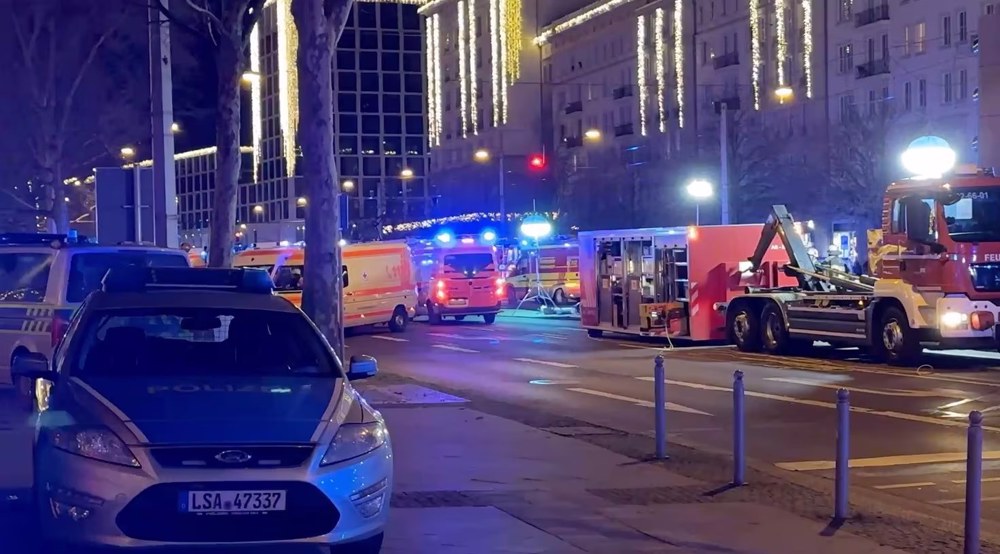Germany insists on MPs right to visit Incirlik Air Base in Turkey
Berlin has reiterated that German lawmakers have the right to visit the Incirlik Air Base in Turkey, which has refused to grant access to the military facility hosting some 250 German troops.
Earlier this month, a German parliamentary delegation was scheduled to visit the base in southern Turkey, but Ankara banned the lawmakers from visiting the site, saying only military or technical teams are allowed inside.
However, there are speculations that Ankara is retaliating against a resolution passed by the German parliament last month, which calls the mass killing of Armenians by Ottoman forces during World War I “genocide.”
“To us, it’s a military issue,” Turkish Deputy Prime Minister Numan Kurtulmus said Monday, referring to any visit to Incirlik.
“On the German side, the issue of Incirlik or sending soldiers is under the authority of the German parliament,” said the official, adding that talks are underway on the issue.
However, Steffen Seibert, a spokesman for German Chancellor Angela Merkel, said on Monday that “it must be possible for our deputies to visit our soldiers.”
“Of course it is necessary for our Bundestag deputies to be able to see our military in Turkey at Incirlik -- it is a military under the control of the parliament,” the official added.
Merkel also pledged to press on in talks with Ankara, saying “it is not the first time in politics that the first conversation did not suffice.”

Germany in December agreed to send Some 250 troops along with Tornado surveillance jets and tanker aircraft to Incirlik, as part of a US-led coalition purportedly fighting the Daesh Takfiri terrorist group in Syria and Iraq.
Deputies from the chancellor’s ruling left-right coalition suggested that Berlin should consider pulling out of the base if Ankara does not agree to the visit.
While Ankara did not officially admit the cause of its refusal to Germany’s demand, Turkish Hurriyet newspaper reported that President Recep Tayyip Erdogan expressed discomfort to Merkel about the parliament’s vote and said he expected Berlin to distance itself from it.
Armenians say up to 1.5 million Armenian Christians were systematically slaughtered in eastern Turkey through mass killing, forced relocations and starvation, a process that began in 1915 and took over several years during World War I and the breakup of the Ottoman Empire.
Ankara, however, rejects the term “genocide” and says 300,000 to 500,000 Armenians, and at least as many Turks perished between 1915 and 1917, in what the Turkish government sees as the “casualties” of World War I.
Only a few countries, including France and Russia, officially recognize the events as genocide
Iran’s economy grew 2.7% y/y in Sep quarter: CBI
VIDEO | Freelancers in Gaza strive to stay online amid genocide
Mikati demands Israel's withdrawal from south Lebanon
Yemeni army strikes Israeli military sites with drones
‘Clock ticking’: UNRWA slams unjustifiable killing of children in Gaza
BP to be sued in Britain for supplying oil to Israel
VIDEO | Press TV's news headlines
Israeli strikes on north Gaza hospital ‘extremely dangerous, terrifying’: Director













 This makes it easy to access the Press TV website
This makes it easy to access the Press TV website